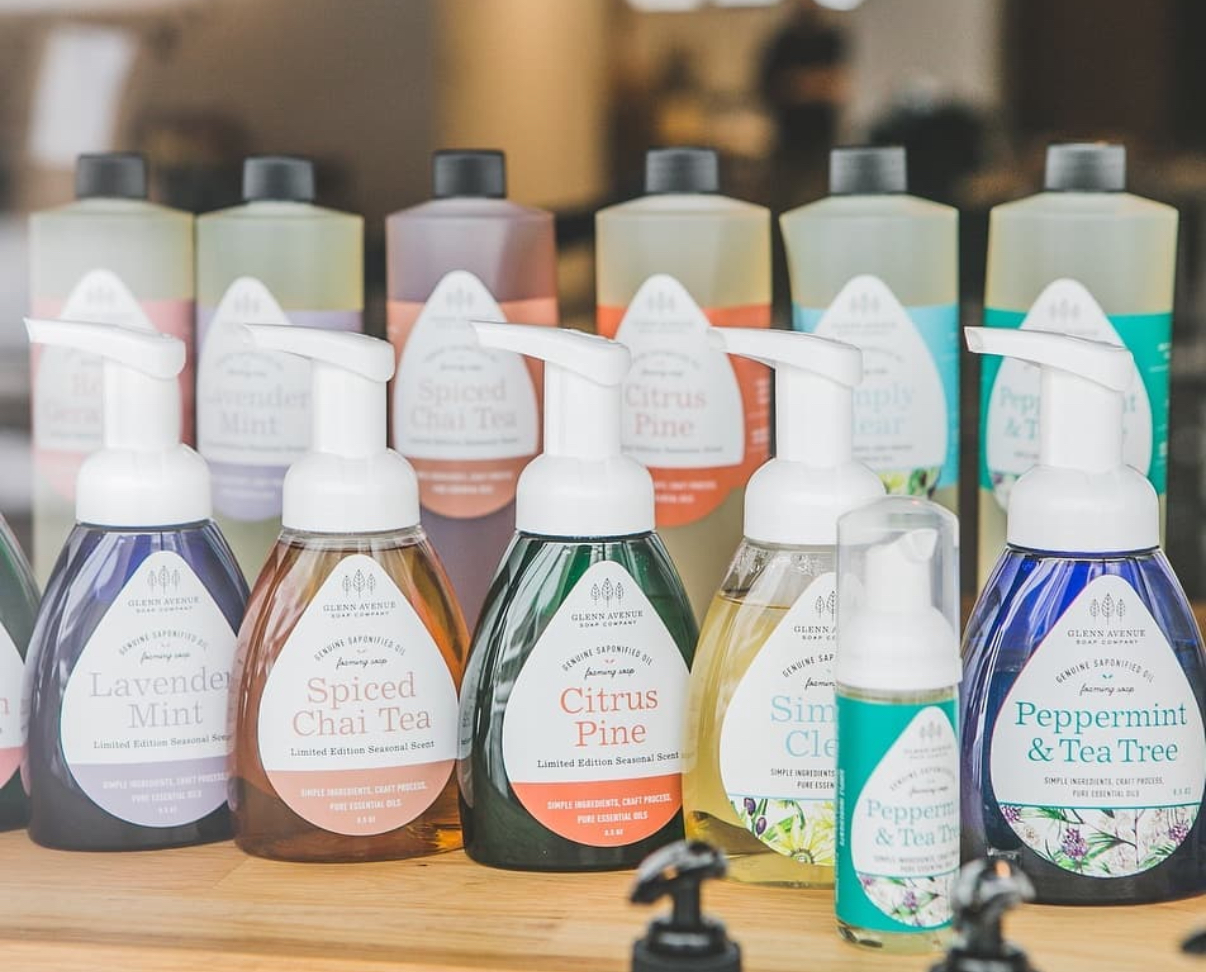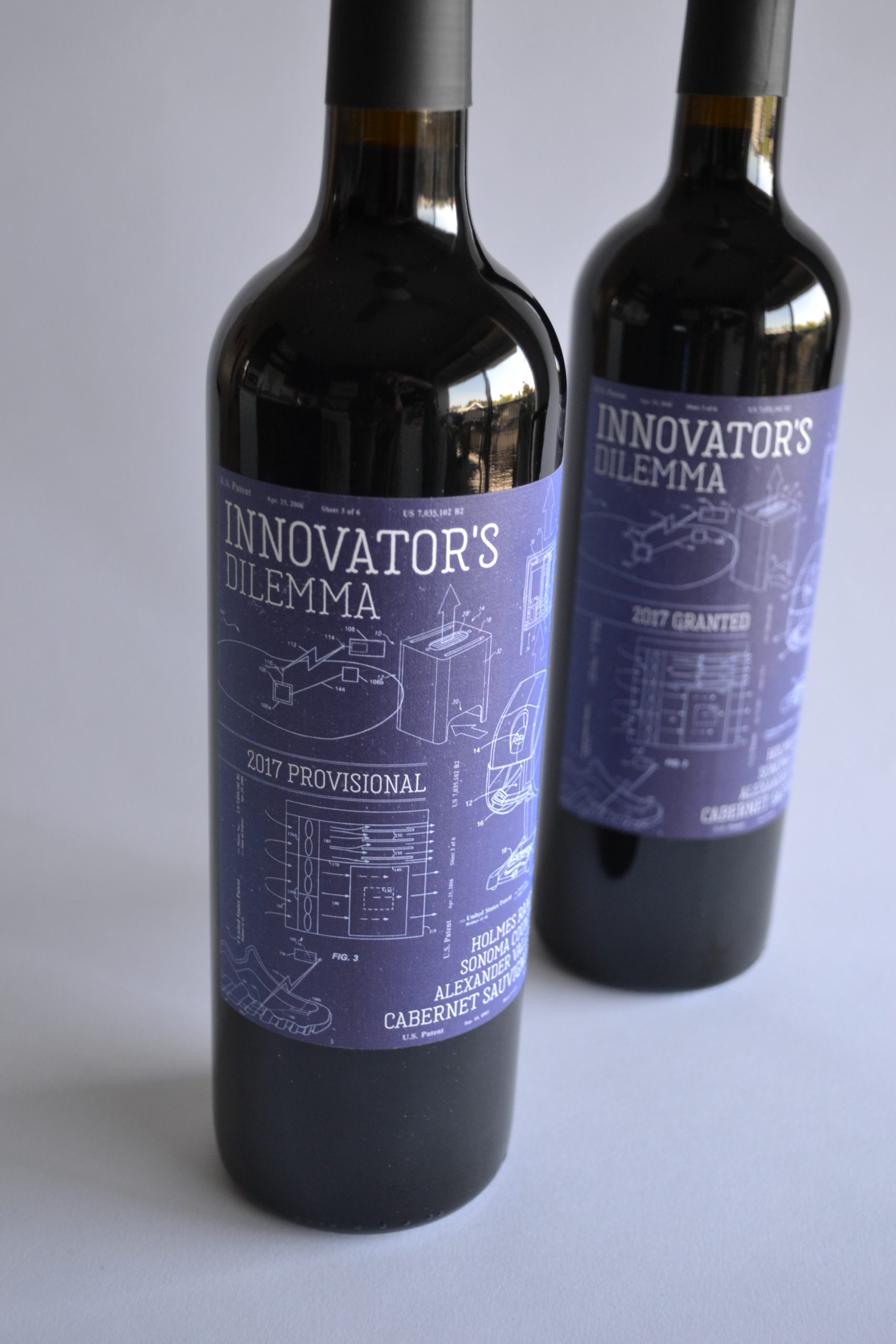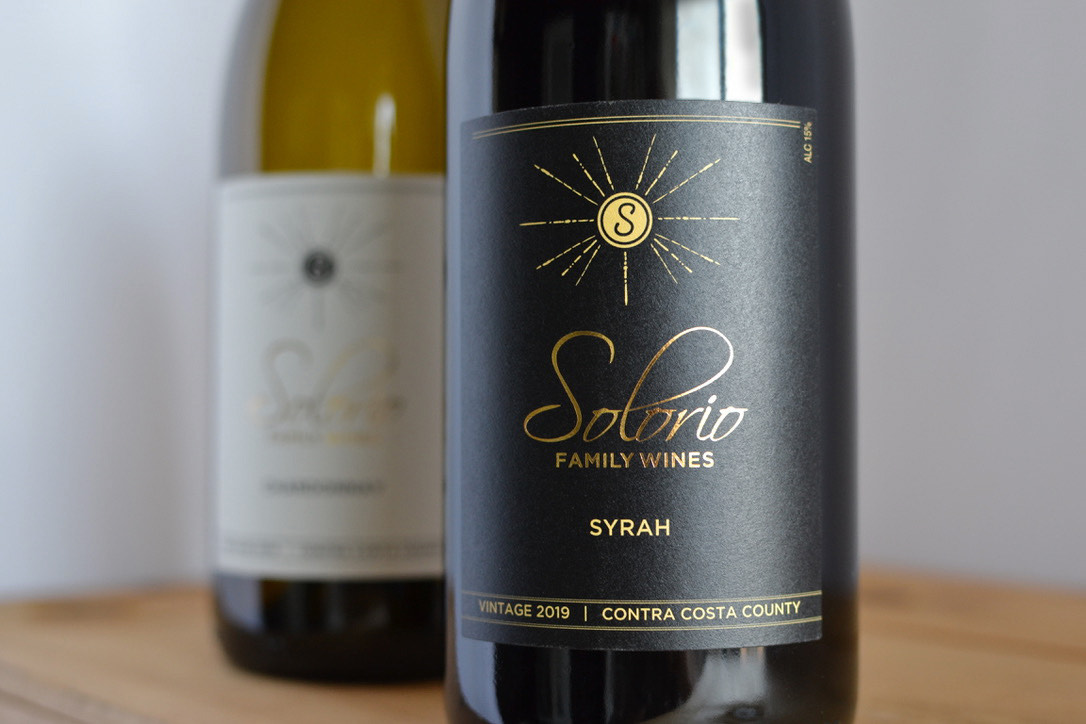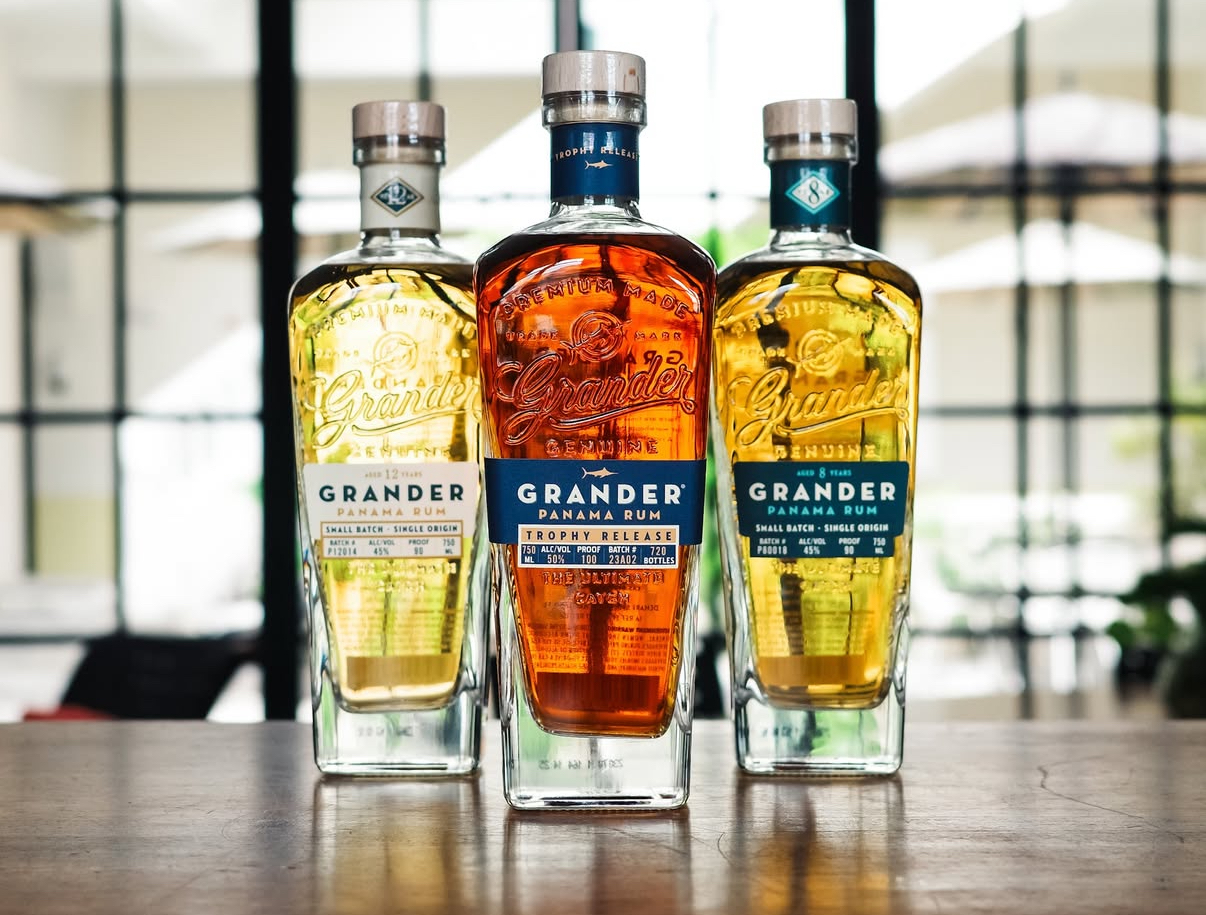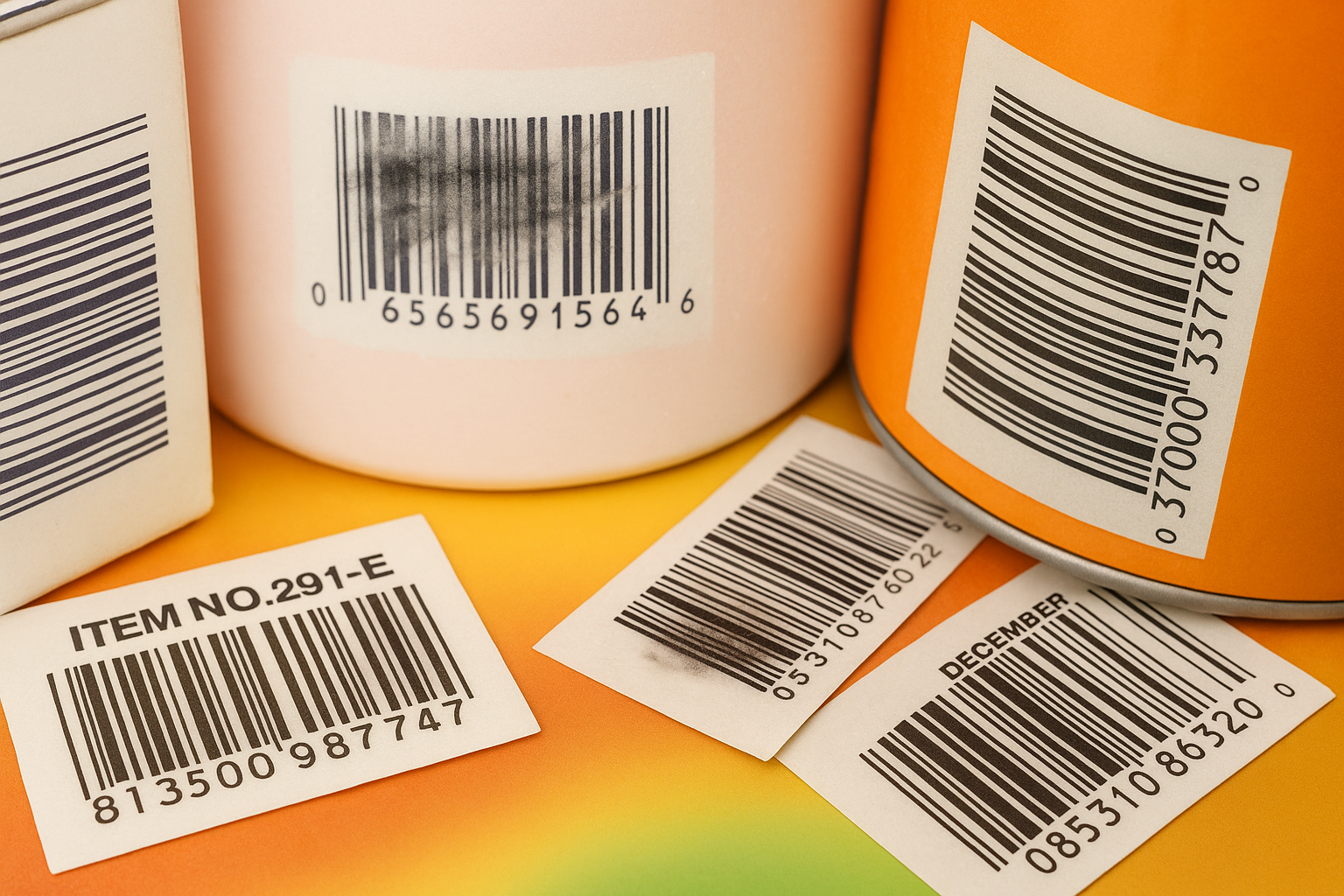Can Vinyl Labels Be Used on Plastic Bottles?
- materials
If you’re trying to figure out whether vinyl labels will actually work on your plastic bottles, here’s what you need to know.
What You Should Consider

Bottle Surface & Shape
Vinyl labels are thicker, more stiff, and perform best on flat or mildly curved surfaces.
If you’re labeling PET beverage bottles (the clear, rigid plastic used for things like water and soda), HDPE bottles (the sturdy plastic often used for personal care and household products), or LDPE squeeze tubes (the softer, more flexible plastic you’ll see in things like lotions or gels), vinyl labels may wrinkle or lift.
BOPP labels, on the other hand, are thinner and conform easily to cylindrical containers. And if your container is squeezable, a material like MDO is likely the way to go.
Questions to ask yourself:
- Is your bottle curved, textured, or flexible?
- Does the label wrap around tapered shoulders or full body?
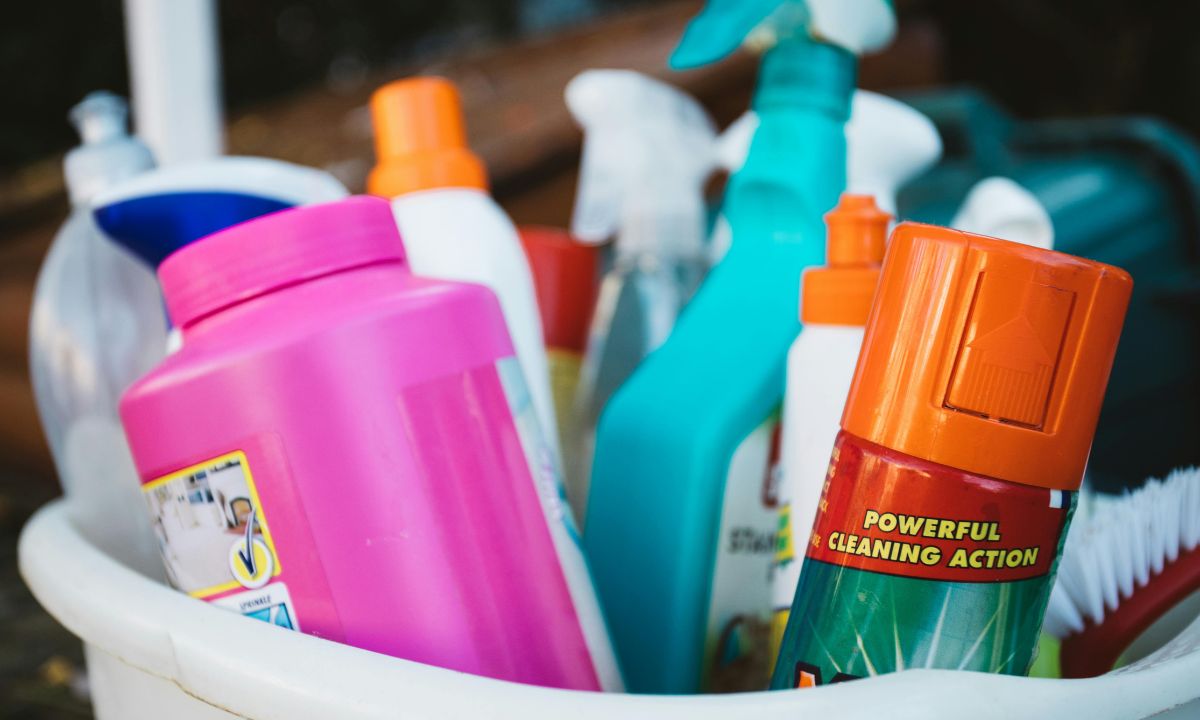
Product Exposure
Vinyl holds up really well against water, oils, sunlight, scratches, and even chemicals. It’s often used in harsh wash-down or outdoor environments.
BOPP also performs great in most everyday settings, especially for beverages, cosmetics, and products stored at room temperature or in the fridge. Vinyl might be the better choice for products like outdoor-use cleaning sprays, automotive fluids, or industrial degreasers that face frequent handling, UV exposure, or contact with harsh chemicals that could break down BOPP over time.
Consider:
- Will the product be susceptible to heavy scuffing?
- Is there exposure to oil, chemicals, friction, or sunlight?
- Will the bottle go through sanitizing or heavy handling?
If you expect any of those, vinyl might be the way to go.
Print Quality & Visual Design
Vinyl has a slightly textured surface, so fine detail, transparent graphics, or sharp text can sometimes look a little soft.
BOPP, for comparison’s sake, has a smoother surface that gives you sharper print quality and better compatibility with high-end finishes. Finishes like spot UV (that glossy highlight on logos or text) or cold foil just stand out better on BOPP.
If your design includes:
- Clear “no-label” look
- Foil accents, embossing, fine typography
- Spot UV or matte/gloss laminate
Then BOPP or MDO is likely a stronger fit.
Compliance & Recycling
Vinyl (PVC) adhesives often carry higher VOCs (volatile organic compounds), which can affect indoor air quality during label application and may not align with clean label initiatives. The film itself isn’t accepted in most curbside recycling streams.
On the other hand, BOPP is compatible with APR (Association of Plastic Recyclers) guidelines, meaning it can stay on PET or HDPE containers during recycling without causing problems. It also typically uses lower-VOC adhesives.
Ask yourself:
- Will these bottles enter consumer recycling systems?
- Do you need food-safe or skin-contact approved materials?
- Are VOC emissions a concern?
Quick Decision Checklist
| Factor | Vinyl | BOPP |
| Bottle Shape | Best on flat or moderate curves | Fits cylindrical bottles |
| Moisture & Chemical Exposure | Excellent | Good for most consumer products |
| Print Quality & Finish | Good saturation; less sharp detail | High clarity, supports embellishments |
| Regulatory & Food Compliance | Acceptable when certified | Widely accepted for food & cosmetics |
| Recyclability & VOCs | Poor (not recyclable, higher VOCs) | Recyclable, lower VOC footprint |
| Cost & Efficiency | Higher cost, heavier material | Lower cost, easier application |
Why We Usually Recommend BOPP
We’ve labeled thousands of consumer products, so we’ve seen what sticks and what doesn’t. Unless your product lives in a rugged or industrial space, BOPP consistently gives you:
- Clean applications on bottles
- Superior print results
- Recyclability
- Strong performance under moisture and shelf life demands
Bottom Line
Yes, you can use vinyl labels on plastic bottles. But unless your application demands extreme durability (like marine, industrial, wash-down environments) we recommend BOPP for most consumer and retail products.
Not sure which material makes sense for your bottles? Contact us and we’ll walk you through it.

